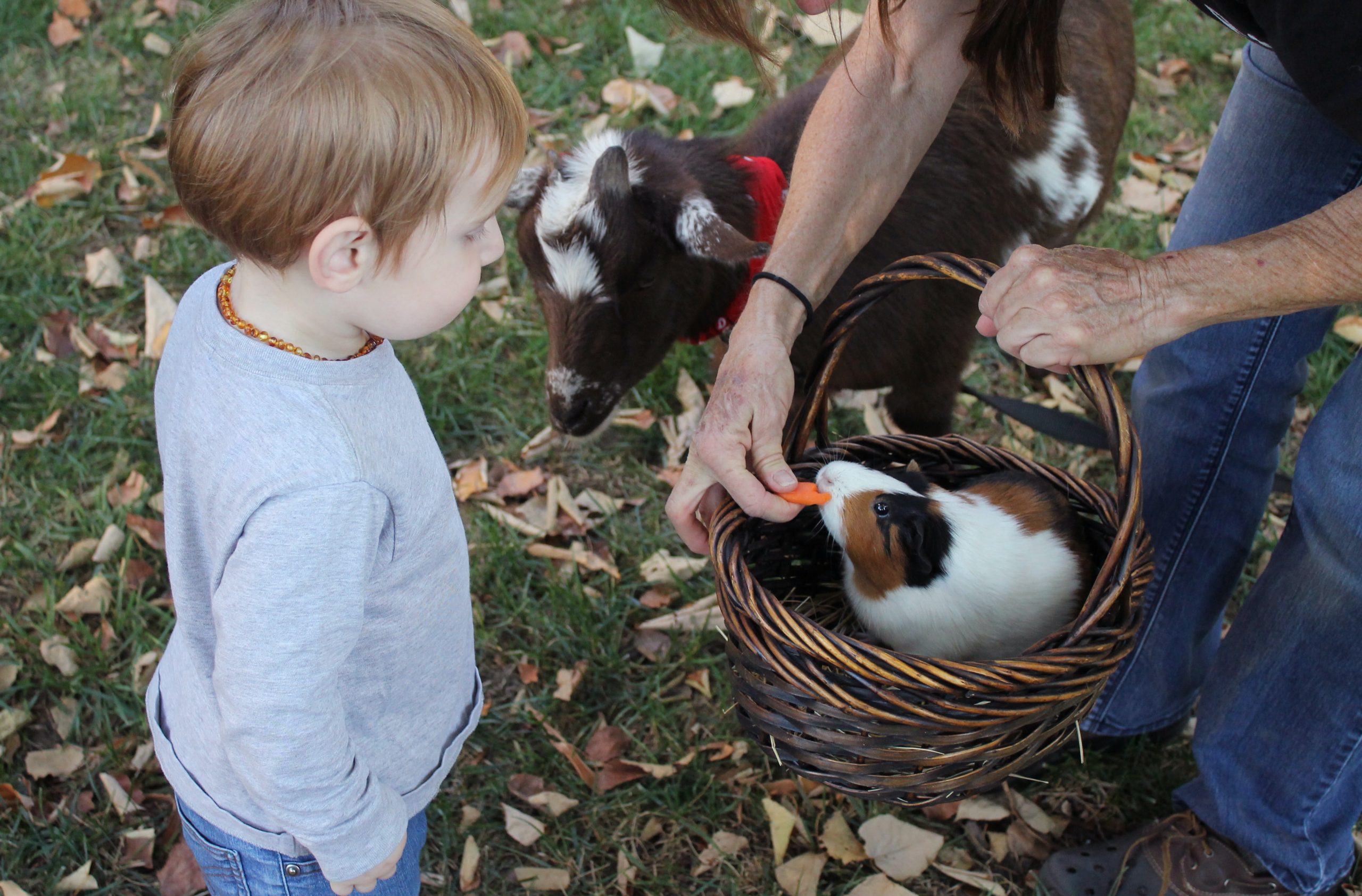U Arizona study finds ECEC communication plays an important role in success at home

Effective communication between early childhood education and care (ECEC) services and families can result in parents being more likely to engage in educational activities with their children at home, researchers from the University of Arizona (UA) have found.
Wth some parts of Australia returning to stricter lock down conditions, the role of the COVID-19 pandemic in shifting primary responsibility for children’s learning and development on to families has highlighted the need for effective communication between services and the families who use them.
As the pandemic progresses, and as parts of the country return to some degree of normality, ECEC services, researchers say, will play an important part in ensuring that parents continue to be engaged in their children’s education at home.
A study, conducted by University of Arizona researcher Melissa Barnett before the pandemic began, explored the role that ECEC centres play in encouraging parents to engage in educational activities with their children both at the centres and at home. The researchers also explored how parental engagement can help better prepare young children for kindergarten.
One of the core goals of the study was to understand the extent to which parents perceive that early childhood educators are working with them and engaging them, and whether that is linked to school readiness.
“There’s been some research evidence that when parents of preschoolers are more engaged in early childhood education centres, their children may be more prepared for kindergarten. But it’s not entirely clear why that’s the case,” Associate Professor Barnett said.
Among the researchers’ key findings:
- When parents perceive that ECEC services do a good job of communicating with them and providing information about how their children are doing, they are more likely to engage in educational activities such as reading and singing with their children – both at the centre and at home. And the more parents engage in educational activities at home, the better prepared their children are for kindergarten, in terms of language and early reading skills.
- The more involved parents are in centre activities – such as volunteering in classrooms, attending meetings or supporting in excursion supervision – the more educational activities they do with their children at home.
- Although early childhood education centres appear to influence the quantity of at-home educational activities, they do not influence the quality of those activities. And the quality of at-home educational activities is one of the strongest predictors of a child’s school readiness, influencing not only language and early reading skills but also early math skills.
The research is based on data from the Early Childhood Longitudinal Study – Birth Cohort, a nationally representative sample of 10,700 children who were born in the United States in 2001 were followed from birth to kindergarten. The researchers homed in on the 17 per cent of those children who were enrolled in early childhood education centres at four years of age.
Parents provided input using a series of statements designed to measure how well they thought their early childhood education centres did at keeping them informed and involved, also answering questions about how often they engaged in educational activities with their children, both at the centre and at home.
The children completed assessments to measure their language, reading and early math skills prior to entering kindergarten.
For those children enrolled in ECEC services, the work parents did at home was a good predictor of how well children were prepared for school, in terms of the quantity of what parents were doing and the quality of what they were doing,” Associate Professor Barnett said.
Those ECEC services who made the most effort to connect with and engage families had children who were the most ready for school, and this was especially true for lower-income households, researchers said.
The researchers also observed parents and children engaging in learning activities and assessed the quality of those interactions based on how much cognitive stimulation they provided. They found that quality matters even more than quantity for school readiness.
While the importance of reading and singing to children is widely known, the quality of what was being offered by parents varied, and it is this quality piece, Associate Professor Barnett said, that was “really critical and perhaps harder to change”.
This quality variance, she added, presents an opportunity for ECEC services to make a difference for children and families.
“Parents who are able to engage and volunteer at those centres are getting the message that they need to read with their kids and sing songs with their kids, but they may not be getting messages about how best to do that,” she added.
To support families to improve the quality of their offering, the Associate Professor suggested ECEC services think about ways to build activities around a child’s unique interests and abilities, to ensure activities such as reading are more meaningful, and suggesting questions that may help children relate stories to their own experiences.
Unfortunately, Associate Professor Barnett said, many families don’t have access to early childhood education centres and the support they provide, especially in lower-income areas, where, according to her findings, they might have the most impact. Issues of access are heightened by COVID-19.
“We know that families in many communities didn’t have access to high-quality early childhood education, even before the pandemic, and it’s become an increasingly significant problem as centres have closed and may need to remain closed,” she said.
“In part, our findings point to the value of those opportunities for lower-income parents to be involved in ECEC services, so this potentially could even further increase what we see as a socioeconomic gap in school readiness.”
For those families who are currently conducting home based learning with their children, researchers advised to focus on the importance of quality activities as much as possible.
“This may be an especially challenging time to do that, as parents are juggling multiple potential stressors and time crunches,” she said, “but those home learning activities really are important to prepare children for school.”
Their findings were recently published in Early Childhood Research Quarterly and may be accessed here.
Popular

Workforce
Policy
Quality
Practice
Provider
Research
ECEC must change now, our children can’t wait for another inquiry
2025-07-02 07:47:14
by Fiona Alston

Workforce
Practice
Provider
Quality
Research
Supporting successful transitions: Big moves, big feelings
2025-06-26 11:00:30
by Fiona Alston

Quality
Practice
Provider
Research
ECEC in focus - Una Springwood’s intergenerational initiative brings young and old together through connection and care
2025-06-30 10:00:45
by Contributed Content












